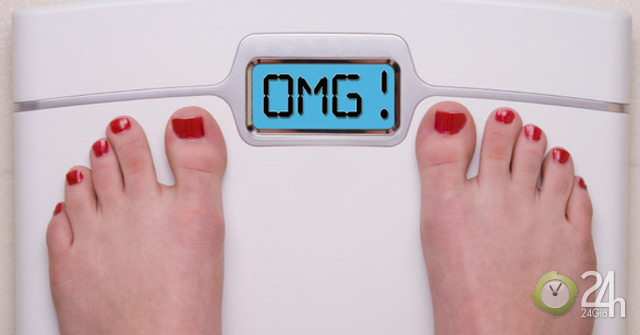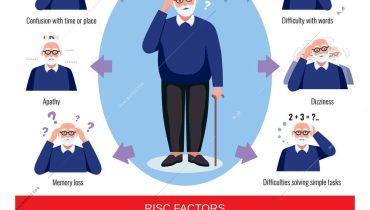Maintaining proper hydration is essential for overall health, but it also plays a significant role in weight management. Despite its importance, hydration is often overlooked in weight loss and fitness strategies. This article explores the connection between hydration and weight management, providing practical tips and insights to help you make the most of this vital aspect of health.
The Importance of Hydration
Water is fundamental to every bodily function. It helps regulate body temperature, aids in digestion, transports nutrients, and eliminates waste. Staying hydrated ensures that your body operates efficiently, which is especially crucial when you are trying to manage your weight.
How Hydration Affects Weight Management
Boosts Metabolism: Proper hydration can enhance your metabolism. Studies have shown that drinking water can temporarily boost your metabolic rate by up to 30%. This means that your body burns calories more efficiently, which can aid in weight loss efforts.
Reduces Appetite: Sometimes, thirst is mistaken for hunger. Drinking water before meals can help you feel fuller, reducing your overall calorie intake. A study found that individuals who drank water before meals consumed fewer calories and lost more weight compared to those who didn’t.
Improves Workout Performance: Staying hydrated is crucial for physical performance. Dehydration can lead to fatigue, muscle cramps, and reduced coordination, making it harder to exercise effectively. Proper hydration ensures that you can work out longer and more intensely, burning more calories in the process.
Helps in Fat Burning: Water is necessary for the process of lipolysis, the breakdown of fat in the body. When you are well-hydrated, your body is more efficient at breaking down and utilizing fat for energy.
Reduces Water Retention: Ironically, staying hydrated can help reduce water retention. When your body is dehydrated, it tends to hold onto water, causing bloating and weight gain. Drinking enough water signals your body that it doesn’t need to retain extra fluid, helping to reduce bloating.

How Much Water Should You Drink?
The general recommendation is to drink at least eight 8-ounce glasses of water a day, known as the “8×8 rule.” However, individual water needs can vary based on factors such as age, gender, weight, activity level, and climate. A good starting point is to drink half your body weight in ounces of water. For example, if you weigh 150 pounds, aim to drink 75 ounces of water per day.
Tips for Staying Hydrated
Carry a Water Bottle: Having a water bottle with you at all times makes it easier to sip water throughout the day. Opt for a reusable bottle to reduce plastic waste.
Set Reminders: Use your phone or a hydration app to set reminders to drink water regularly. This can help you stay on track, especially if you have a busy schedule.
Flavor Your Water: If you find plain water boring, add a splash of natural flavor with slices of lemon, lime, cucumber, or fresh mint. This can make drinking water more enjoyable.
Eat Water-Rich Foods: Incorporate foods with high water content into your diet, such as fruits (watermelon, strawberries, oranges) and vegetables (cucumbers, lettuce, celery). These can contribute to your overall hydration.
Start Your Day with Water: Drink a glass of water first thing in the morning to kickstart your hydration for the day. This can also help wake up your metabolism.
Monitor Your Urine: A simple way to gauge your hydration level is by the color of your urine. Pale yellow or clear urine typically indicates proper hydration, while dark yellow or amber may signal dehydration.
Hydration Myths
There are several myths about hydration that can be misleading:
Myth 1: Coffee and Tea Dehydrate You: While caffeinated beverages have a mild diuretic effect, they still contribute to your overall fluid intake. Moderate consumption of coffee and tea can be part of a healthy hydration strategy.
Myth 2: You Can Only Hydrate with Water: Other beverages, such as milk, herbal teas, and even foods, can contribute to your daily hydration needs. However, be cautious with sugary drinks and alcohol, as they can have negative health effects.
Myth 3: You Need Sports Drinks to Stay Hydrated: For most people, water is sufficient for hydration. Sports drinks are designed for intense exercise lasting more than an hour, as they contain electrolytes and sugars to replenish what is lost through sweat. For everyday activities, these drinks can add unnecessary calories and sugars to your diet.
The Role of Electrolytes
Electrolytes, such as sodium, potassium, and magnesium, are minerals that help maintain fluid balance in your body. While drinking plain water is essential, in certain situations, replenishing electrolytes is also important:
Intense Exercise: During prolonged, intense exercise, you lose electrolytes through sweat. Consuming electrolyte-rich drinks or snacks can help maintain the balance.
Hot Climates: If you live in or are visiting a hot climate, you may sweat more and need to replenish electrolytes to stay properly hydrated.
Illness: Vomiting and diarrhea can lead to significant electrolyte loss. In such cases, oral rehydration solutions can help restore balance.
Hydration plays a crucial role in weight management and overall health. By understanding the connection between water intake and your body’s functions, you can leverage hydration as a simple yet effective tool in your weight loss and fitness journey. Remember to listen to your body, stay informed about your personal hydration needs, and incorporate these tips into your daily routine. Drinking enough water is not just about quenching your thirst; it’s about optimizing your health and achieving your weight management goals.


















